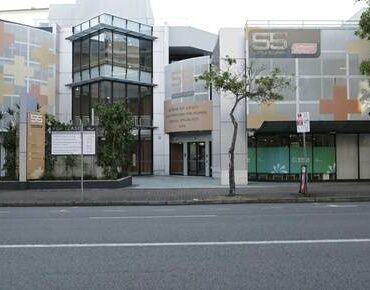Italy’s sex workers get business code in a step out of shadows

ROME—Italy has made its first direct reference to prostitution in the business classification it uses for data collection and tax purposes, the national statistics institute said, including escort services, events and the management of premises.
Prostitution in Italy lies in a limbo where individuals are allowed to offer sex services, but that activity lacks specific rules. On the other hand, organizing sex workers such as in a brothel is strictly prohibited.
Sex workers are now expected to use the business classification adopted by Italian authorities to get a VAT number and try to regularize their status.
In Italy, such workers often have no access to labor rights and are unable to declare income or pay taxes, in sharp contrast with other European nations such as the Netherlands and Germany, where sex work is regulated.
Ateco system
The so-called Ateco system helps government agencies and researchers categorize activities to develop policy and analysis across the Italian business landscape. It was updated this year, with new codes taking effect as of April 1.
National statistics institute Istat placed sex workers under the category of personal services, which also includes tattoo studios and party organizers, in a move which brings into formal visibility the historically obscured industry.
In a statement issued late on Thursday, Istat said sex workers were already eligible to be listed in previous Ateco classifications but the 2025 update makes direct mention of them in line with a change to European Union accounting rules.
EU accounting rules also refer to activities which are illegal in Italy, such as organizing groups of sex workers.
Legal activities
The Istat, however, made clear that with regard to the Italian classification, only legal activities will be taken into account for the Ateco code.
An official with knowledge of the matter said Italian sex workers over the years have registered under alternative descriptions, like masseuse, to formalize their work.
Latest available figures show the shadow economy was worth over $220 billion in 2022, amounting to roughly 10 percent of the gross domestic product and up 9.6 percent compared to the previous year.
Reuters, the news and media division of Thomson Reuters, is the world’s largest multimedia news provider, reaching billions of people worldwide every day. Reuters provides business, financial, national and international news to professionals via desktop terminals, the world's media organizations, industry events and directly to consumers.

















